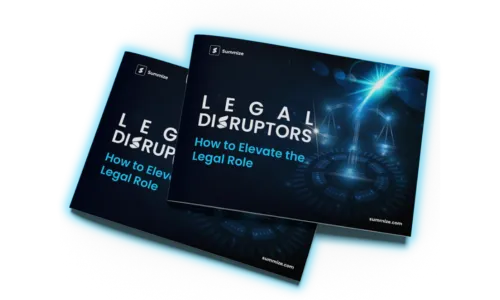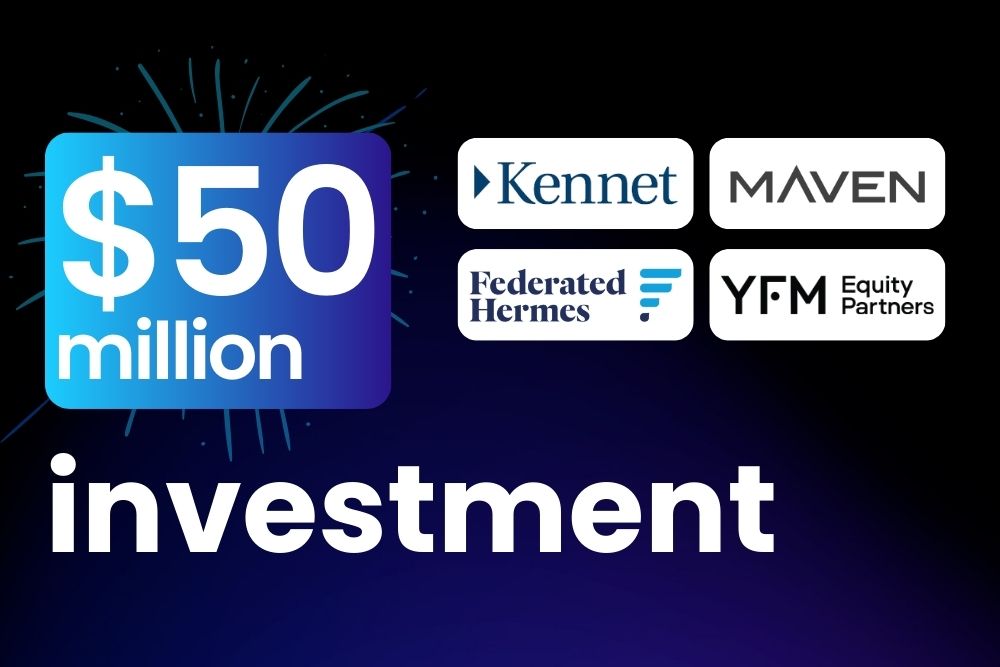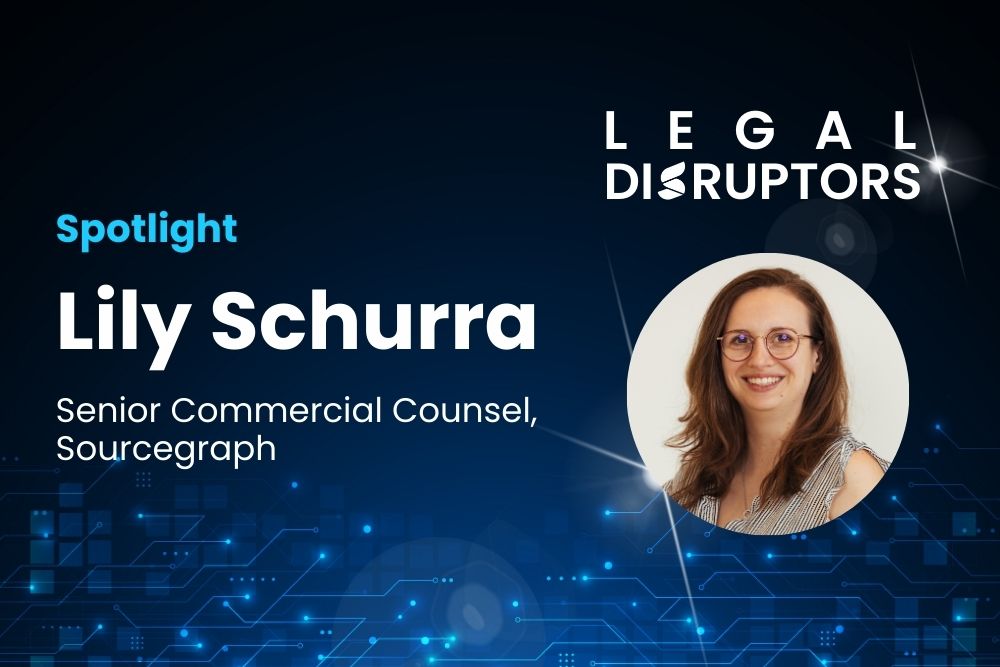Exploring Summize's journey and the entrepreneurial mindset
Tom Dunlop, CEO & Founder at Summize, talks about his views on the entrepreneurial mindset, Summize's growth journey, and the scale-up process.
January 12, 2023
December 10, 2025
In the latest episode of Tact Talks, host Jack Brandwood sits down with Tom Dunlop, Co-founder and CEO of Summize, for an honest, engaging conversation about entrepreneurship, mindset, and building a business from the ground up. Tom’s journey blends sport, law, and tech in a way that feels both unconventional and surprisingly relatable.
From athlete to founder
Tom didn’t grow up wanting to be a CEO, he wanted to be an athlete. Competing for England in badminton from a young age, he was shaped early on by discipline, focus, and the constant drive to improve. While he eventually moved away from a professional sports career, the habits he developed during that time stayed with him and later proved invaluable in the startup world.
“There’s no such thing as an entrepreneur”
One of the standout moments in the episode is Tom’s belief that entrepreneurs aren’t a special category of people. Instead, he argues that what truly exists is an entrepreneurial mindset, something that both founders and employees can share. Curiosity, resilience, and the ability to challenge the status quo aren’t exclusive traits. The real distinction lies in who chooses to take on the risk and relentless execution required to build something from scratch.
The idea of Summize
The story of Summize shows the power of iteration. Tom’s initial idea was straightforward: use technology to summarize contracts. But after real-world testing and customer feedback, the product evolved significantly. What began as a summarization tool grew into a full end-to-end contract lifecycle management platform. The journey reinforces a timeless lesson: the first version of an idea rarely becomes the one that wins. Adaptability and consistent execution matter far more.
The power of strategic investors
Tom discusses Summize’s early funding journey and stresses the importance of choosing investors who understand the problem space. Angel investors with real insight and industry knowledge brought more than money, they offered strategic guidance, domain expertise, and the confidence to refine the product and the direction of the business.
Building a team that can scale
Another major theme is the importance of building the right team at each stage of growth. Early on, Tom sought generalists who could juggle multiple responsibilities and thrive in fast-moving environments. As the company matured, he shifted toward hiring specialists who could bring structure, predictability, and scalability. Culture plays a huge role throughout - purpose, clarity, and shared ownership are essential if a team is going to push in the same direction.
If you’re building a startup, thinking about entrepreneurship, or simply curious about how tech companies grow, this episode offers a rare and refreshingly honest look behind the scenes.
Watch the full episode of Tact Talks via the video above for the complete story and deeper insights from Tom Dunlop.
Discover even more!
Explore more about contracting and CLM in our ultimate contract guides






.jpg)

